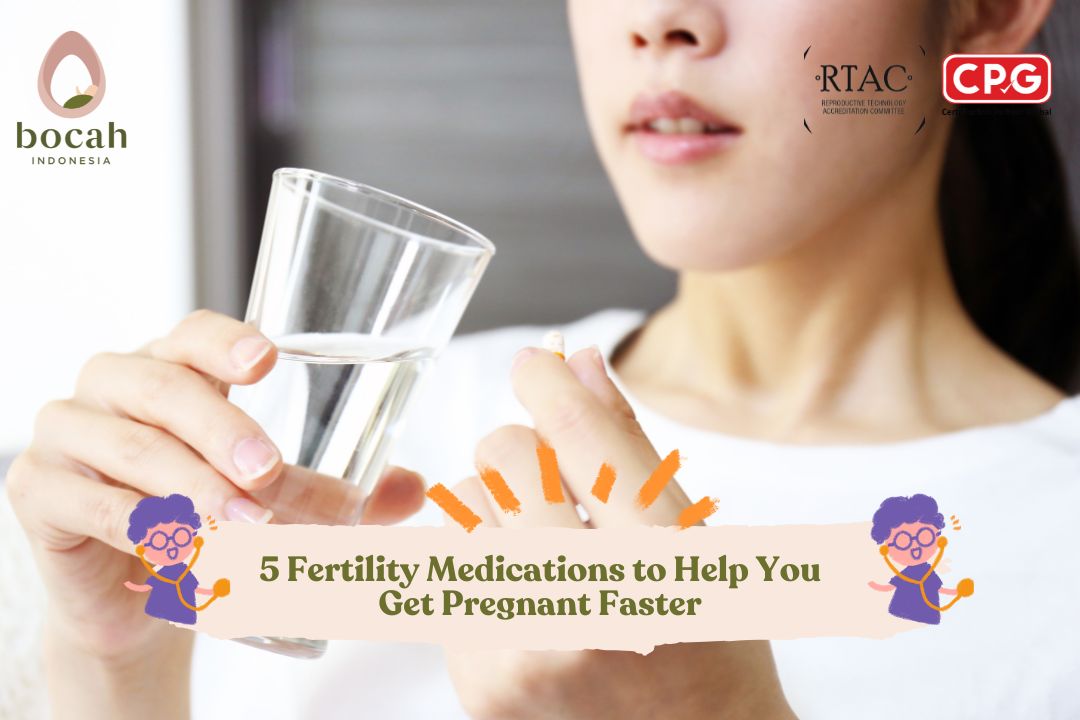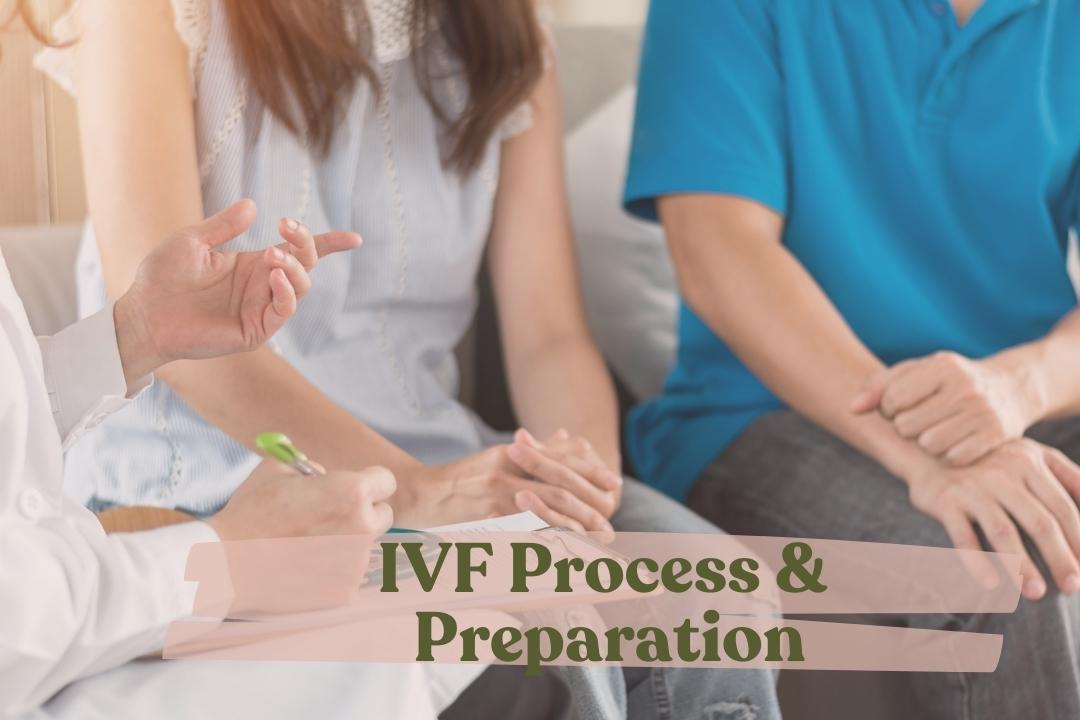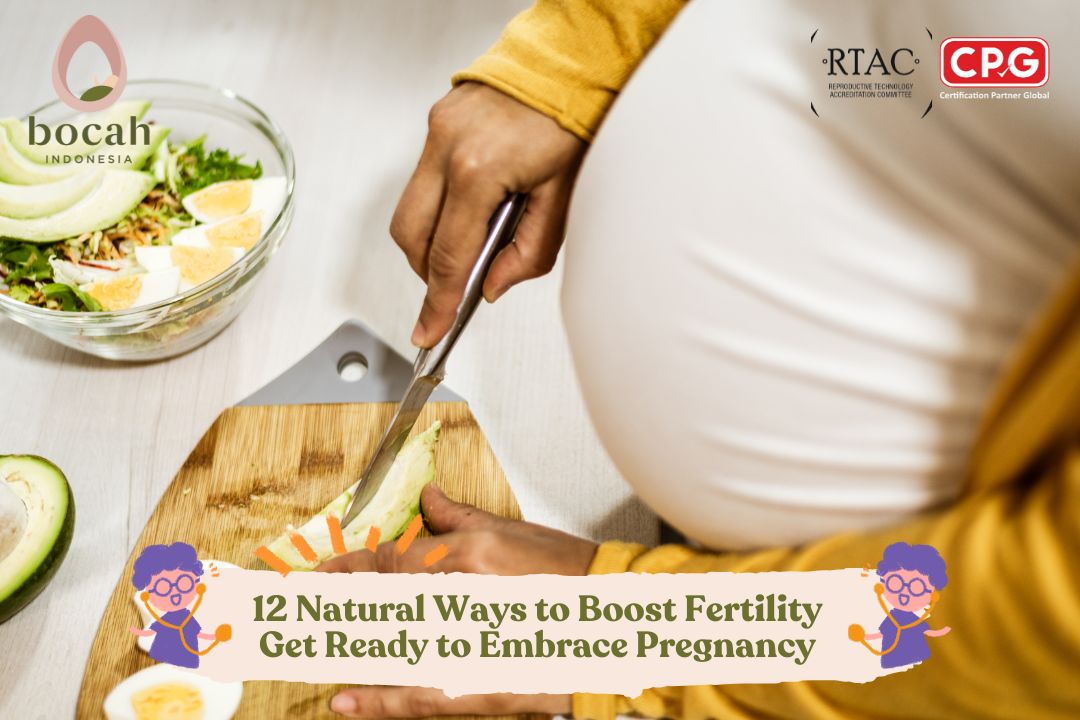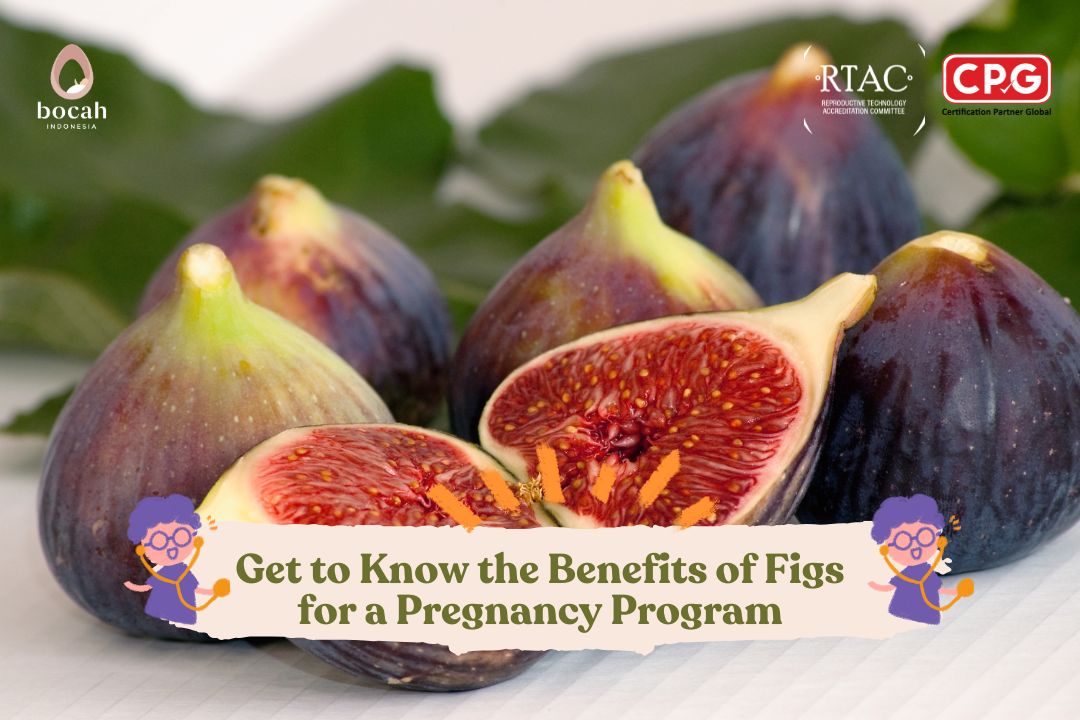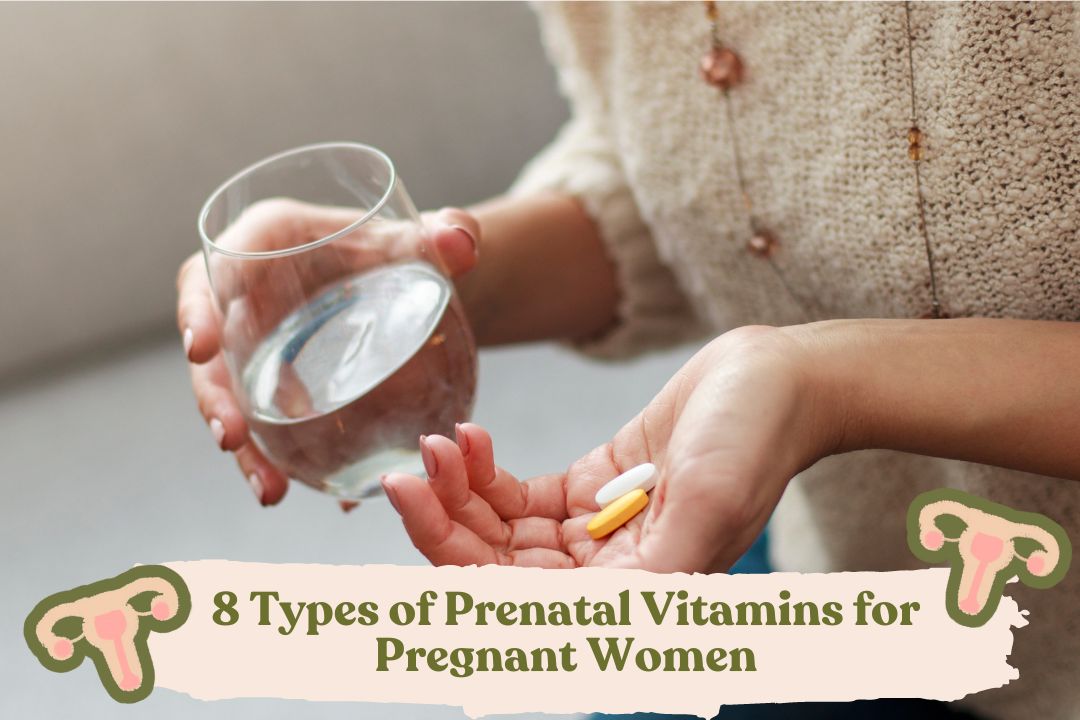How to Get Pregnant Fast for Married Couples
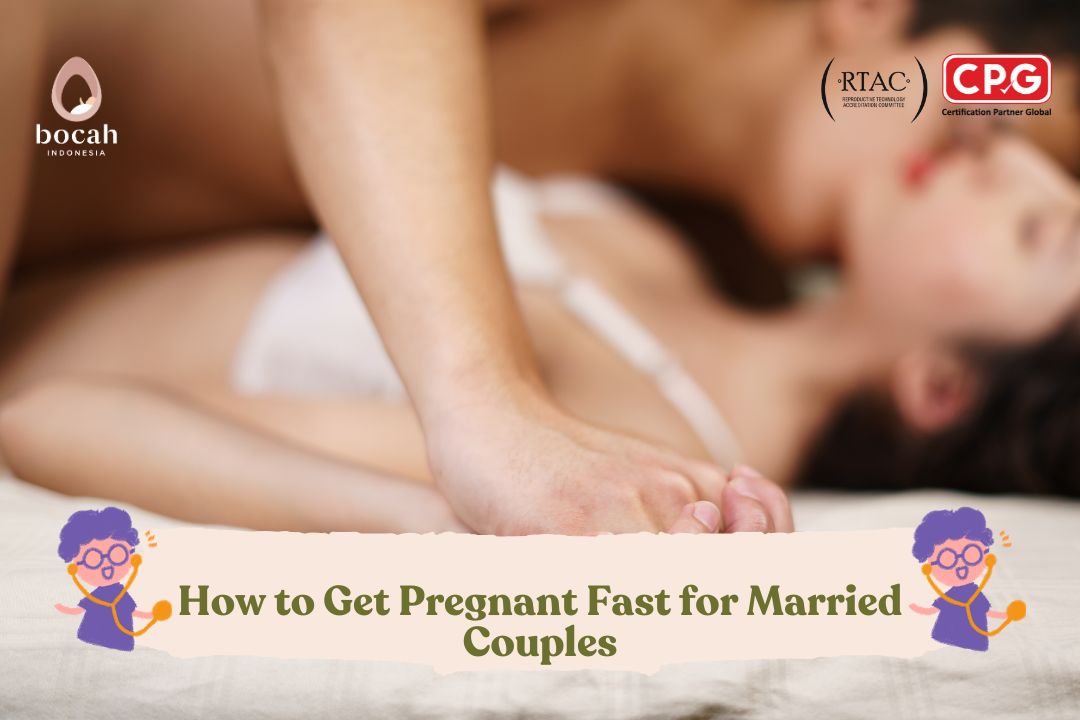
A Complete Guide for Moms and Dads Who Want to Conceive Soon
The desire to conceive quickly is a common goal for many couples. However, achieving pregnancy requires the right efforts and a good understanding of factors that influence fertility in both men and women.
The quality of sperm and eggs plays a significant role in the fertilisation process. Additionally, stress, hormonal imbalances, and certain medical conditions can affect the chances of pregnancy. By following this guide and making the necessary changes, both parents can better prepare their bodies for welcoming a child.
Fast Ways to Get Pregnant
The journey to having a baby is filled with hope and commitment. For couples who are trying to conceive, it’s important to understand the steps that can support fertility.
These include understanding the ovulation cycle, adopting a healthy lifestyle, seeking the right medical support, and maintaining open, supportive communication. Together, these actions can significantly increase the chances of conception.
Tanya Mincah tentang Promil?
Understand the Woman’s Ovulation Cycle
The first step is understanding the ovulation cycle, which is the optimal time to try for a baby. Ovulation occurs when an egg is released from the ovary, usually around 14 days before the next menstrual period.
Recognise ovulation signs:
-
Cervical mucus becomes clear, stretchy, and resembles raw egg whites
-
Slight increase in basal body temperature
-
Mild lower abdominal discomfort
If identifying ovulation is challenging, fertility calculators or ovulation test kits—available at pharmacies—can help track the fertile window more accurately. Knowing when ovulation occurs allows couples to time intercourse better to increase the likelihood of conception.
Maintain a Healthy Lifestyle
Lifestyle significantly affects fertility. That’s why it’s important for both parents to pay attention to diet, exercise, and daily habits.
Nutrient-rich foods for fertility:
Mothers should consume foods rich in folic acid, iron, and vitamin D such as leafy greens, legumes, and fatty fish. Fathers should also include foods containing zinc, selenium, and antioxidants to improve sperm quality.
Regular exercise:
Light to moderate physical activity, like yoga or walking, helps maintain a healthy weight and supports reproductive health. Avoid excessive exercise, as it may disrupt hormonal balance.
Manage stress:
Stress can affect reproductive hormones and reduce the chances of pregnancy. Take time to relax—through meditation, music, or enjoyable activities.
Avoid habits that impair fertility:
-
Smoking and alcohol: Both can damage egg and sperm quality. It’s best to quit these habits immediately.
-
Limit caffeine: Caffeine intake should not exceed 200 mg per day (around 1–2 cups of coffee).
-
Lack of sleep: Ensure enough rest, as sleep deprivation may disrupt hormones vital to fertility.
Have Intercourse at the Right Time
Timing and frequency of intercourse play an important role in conception. Here are a few tips:
Optimal frequency:
Having sex every 2–3 days during the fertile window provides the best chance for fertilisation. Avoid having intercourse too frequently in a short period, as it may lower sperm quality due to insufficient regeneration time.
Sex positions:
There is no specific position scientifically proven to increase the chances of pregnancy. What matters most is that both partners feel relaxed and comfortable. Stress or tension can impact sperm quality and ovulation, so creating a calm and enjoyable atmosphere is key.
What to do after intercourse:
After sex, the woman is advised to lie down for 10–15 minutes. While scientific evidence on post-intercourse positioning is limited, staying relaxed and avoiding immediate activity can help sperm move more easily toward the egg.
Pay Attention to the Father’s Reproductive Health
Pregnancy depends not only on the mother’s health but also on the father’s sperm quality. Here’s how to support sperm health:
-
Eat sperm-friendly foods like fish, nuts, and antioxidant-rich fruits
-
Avoid prolonged heat exposure near the testicles, e.g. long hot baths or placing laptops on the lap
-
Undergo fertility tests if needed to rule out any underlying issues
Consult a Doctor If Needed
If conception hasn’t occurred after 6–12 months of trying, it’s wise to consult an obstetrician-gynecologist and an andrology specialist. Medical professionals may suggest fertility treatment options such as intrauterine insemination (IUI) or in vitro fertilisation (IVF) if necessary. The sooner couples seek support, the greater their chances of a successful pregnancy.
The journey to parenthood is different for every couple. It’s important to stay patient and embrace each step of the process. Avoid letting pressure or stress get in the way—it can negatively affect fertility. Focus on the positives in your relationship and celebrate each small milestone. Supporting and uplifting one another makes the journey easier.
Having a child is a remarkable gift. However, the path to pregnancy involves careful planning, a healthy lifestyle, and mutual support. By following this guide, couples can enhance their chances of conceiving.
If needed, don’t hesitate to consult a fertility specialist. Remember, every journey has its own timeline. Regardless of the outcome, what matters most is that both parents continue to nurture happiness together. For more information about fertility programmes, consult with Bocah Indonesia today!
Source:
- Centers for Disease Control and Prevention (2020). Planning for Pregnancy.
- Mayo Clinic (2019). Getting Pregnant.
- NHS UK (2020). Infertility.
- Stöppler, M.C., MedicineNet (2019). Pregnancy Planning Tips, Foods and Infections to Avoid, and How to Prepare for the Baby.
- Gelman, L., Parents. Get Pregnant Faster: Your 7-Step Plan.
- WebMD (2020). Getting Started on Getting Pregnant



